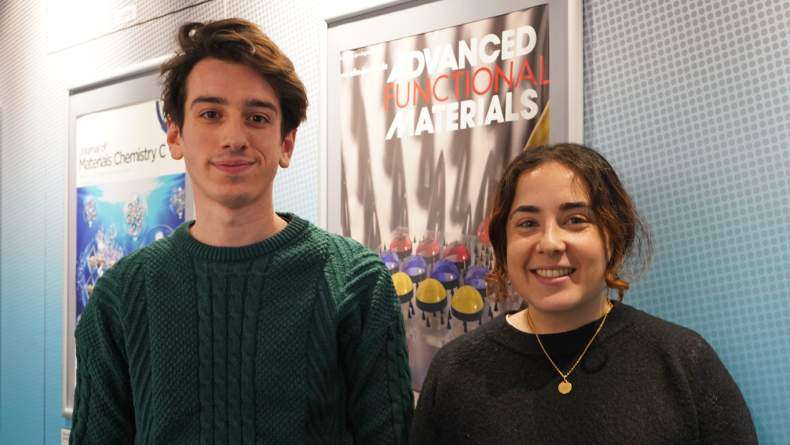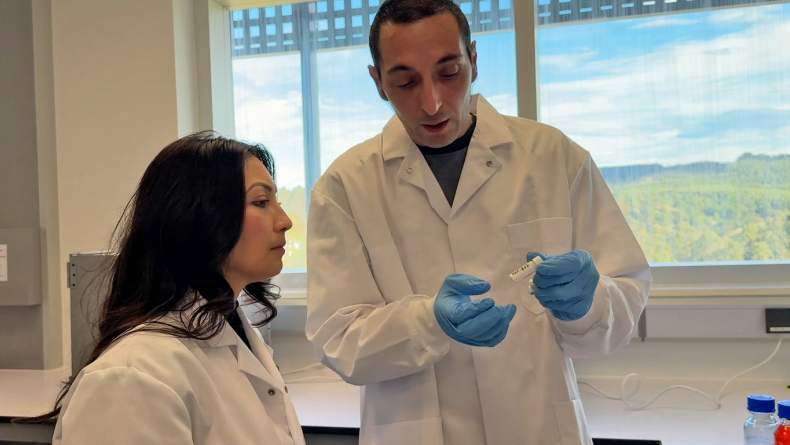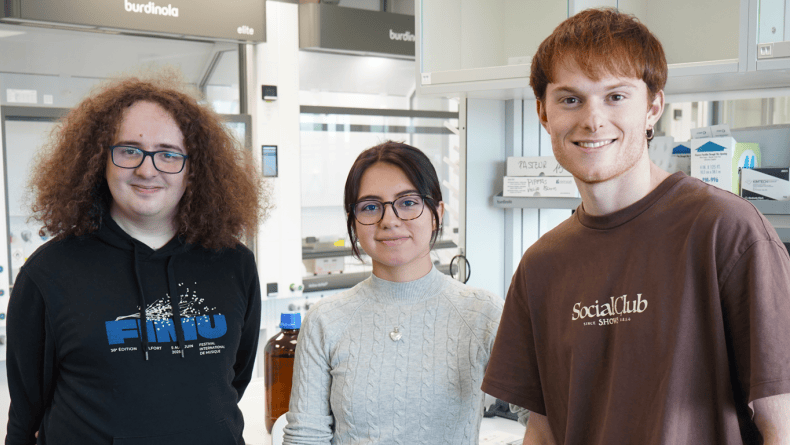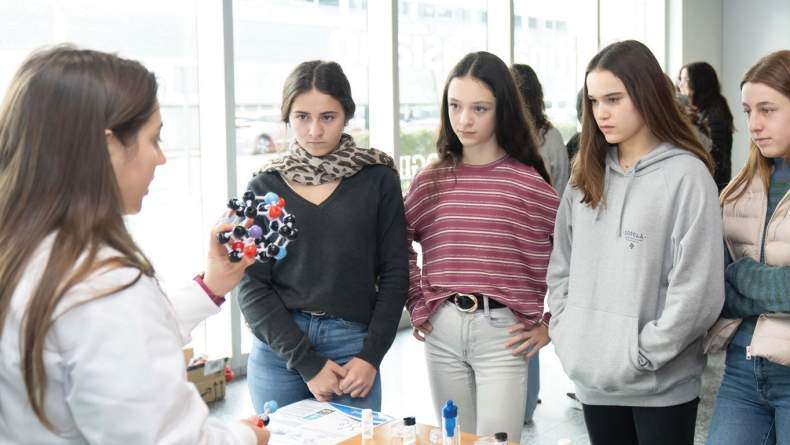Track the Twin: Digital Twins to Improve Quantum Dots

The Marie Curie doctoral network "Track the Twin," in which BCMaterials is participating, is already underway. This project aims to enhance the long-term performance of quantum dots through the creation of digital twins. In addition to its strictly scientific objectives, "Track the Twin" seeks to train doctoral students from various countries in fields such as quantum dot synthesis, structural analysis, and computational materials science simulations, among others.
Quantum dots serve as a clear example of the successful transition of innovative nanomaterials from the laboratory to the market. In fact, research on quantum dots was awarded the Nobel Prize in Chemistry in 2023. Today, they enable us to develop better and more efficient electronic devices — for instance, televisions with superior image quality and lower energy consumption. They are also utilized in renewable energy generation technologies, and their potential in biotechnology is actively being explored.
These applications require quantum dots to withstand constant stresses, including continuous illumination, elevated temperatures, and exposure to environmental factors. Efforts to enhance their resilience against load-induced aging and performance degradation are often time-consuming and costly. This is where "Track the Twin" commits to the development of digital twins that facilitate in-depth and cost-effective research.
The "Track the Twin" network consortium, led by Ghent University (Belgium), consists of 14 universities, research centers, and companies from various European countries. BCMaterials, together with UPV/EHU (University of the Basque Country), represents the two Basque entities involved in the project. At our center, researchers will focus on computational materials science under the supervision of Ikerbasque Professor Ivan Infante, and on neutron characterization techniques guided by Ikerbasque Fellow Jose María Porro Azpiazu.
Related news
Sara Martín and Stefano Lunghi Join BCMaterials as New Researchers
BCMaterials is pleased to welcome two new members to its research team: Sara Martín Iglesias, a postdoctoral researcher in the Active and Smart Materials research line, and Stefano Lunghi, a…Nanomaterials for Water Remediation and Valorization
Scientific staff at BCMaterials are developing next-generation nanomaterials combined with naturally sourced polymer membranes for water decontamination and reuse. These advanced materials not only…Three New Resarchers Join BCMaterials
The new year has brought BCMaterials the arrival of three new young scientists to our staff. They are the pre-doctoral researchers Karen Cano and Mikel Russo, along with the post-doctoral researcher…BCMaterials Activities at Emakumeak Zientzian (Women in Science)
This year marks the 10th anniversary of the Emakumeak Zientzian (Women in Science) initiative, which brings together more than 30 Basque organizations (universities, research centers, companies…) to…



